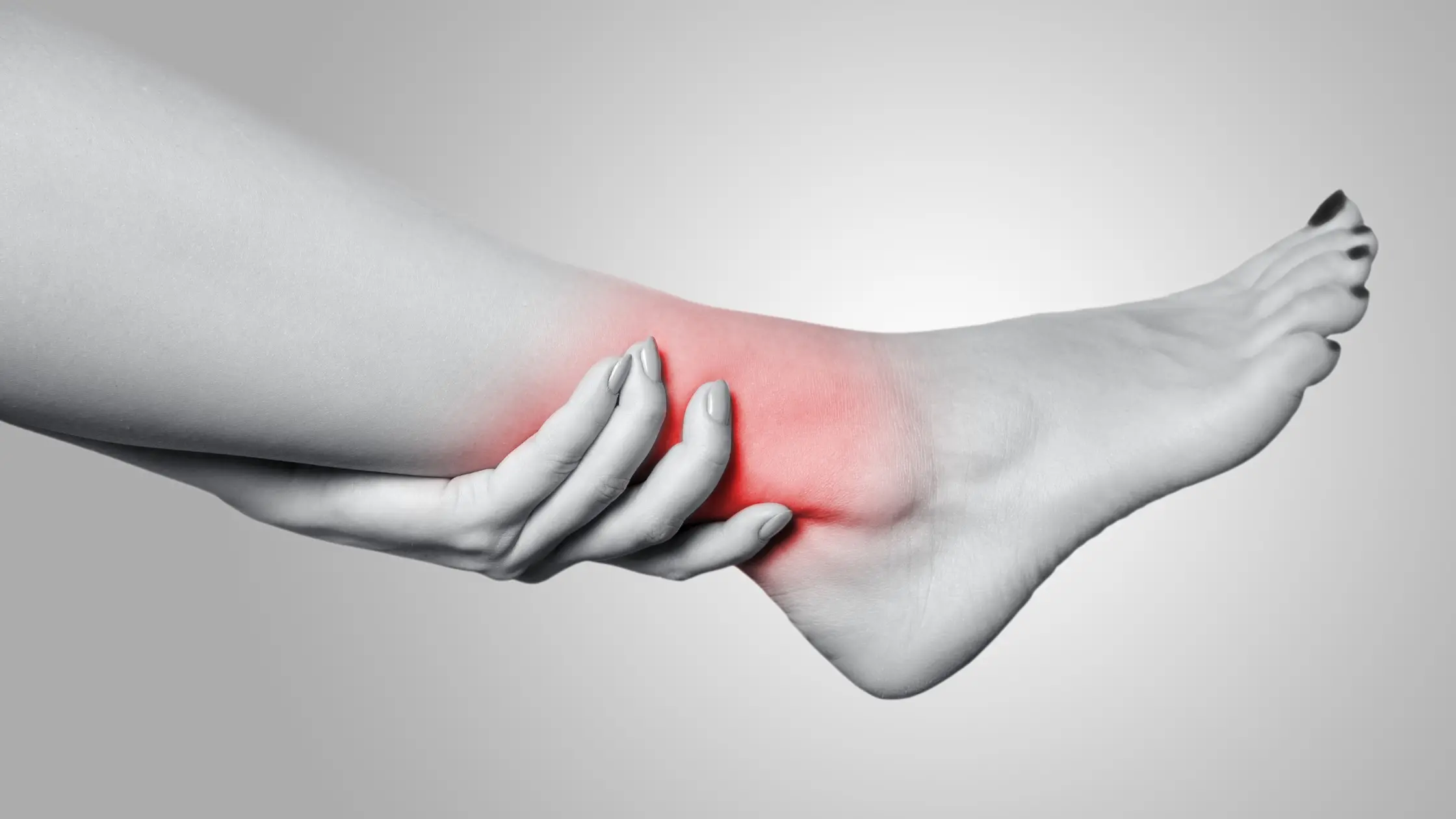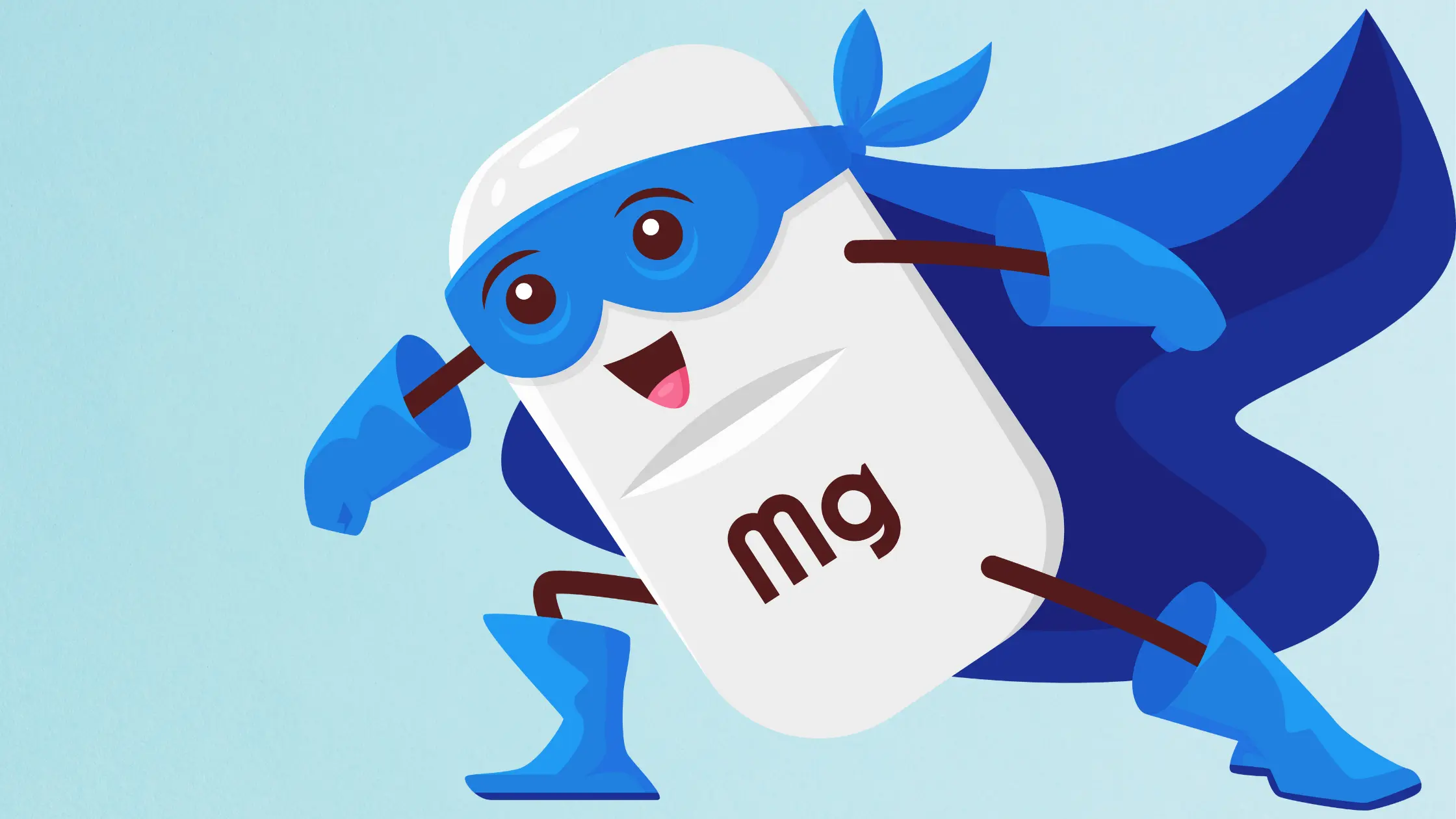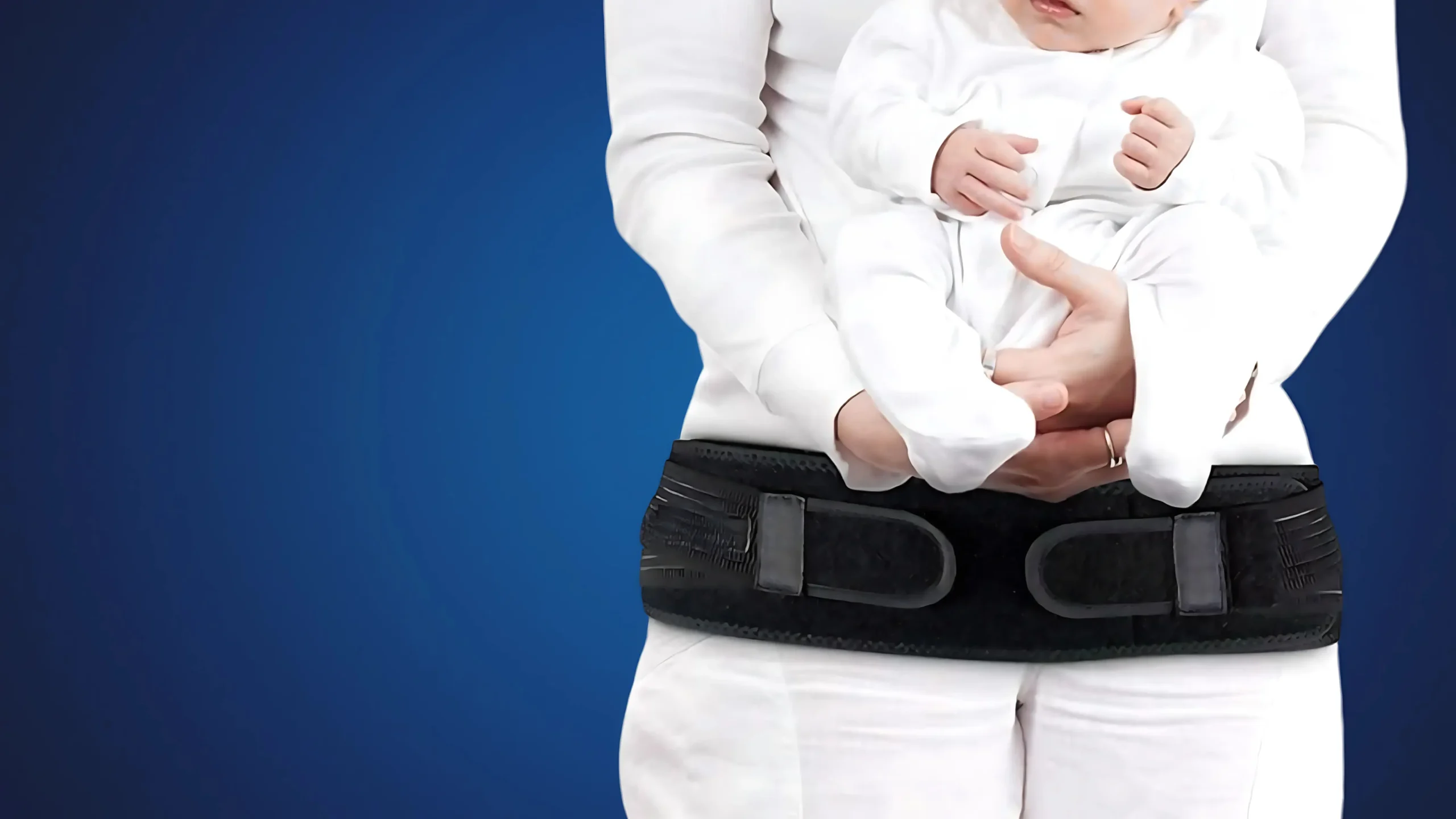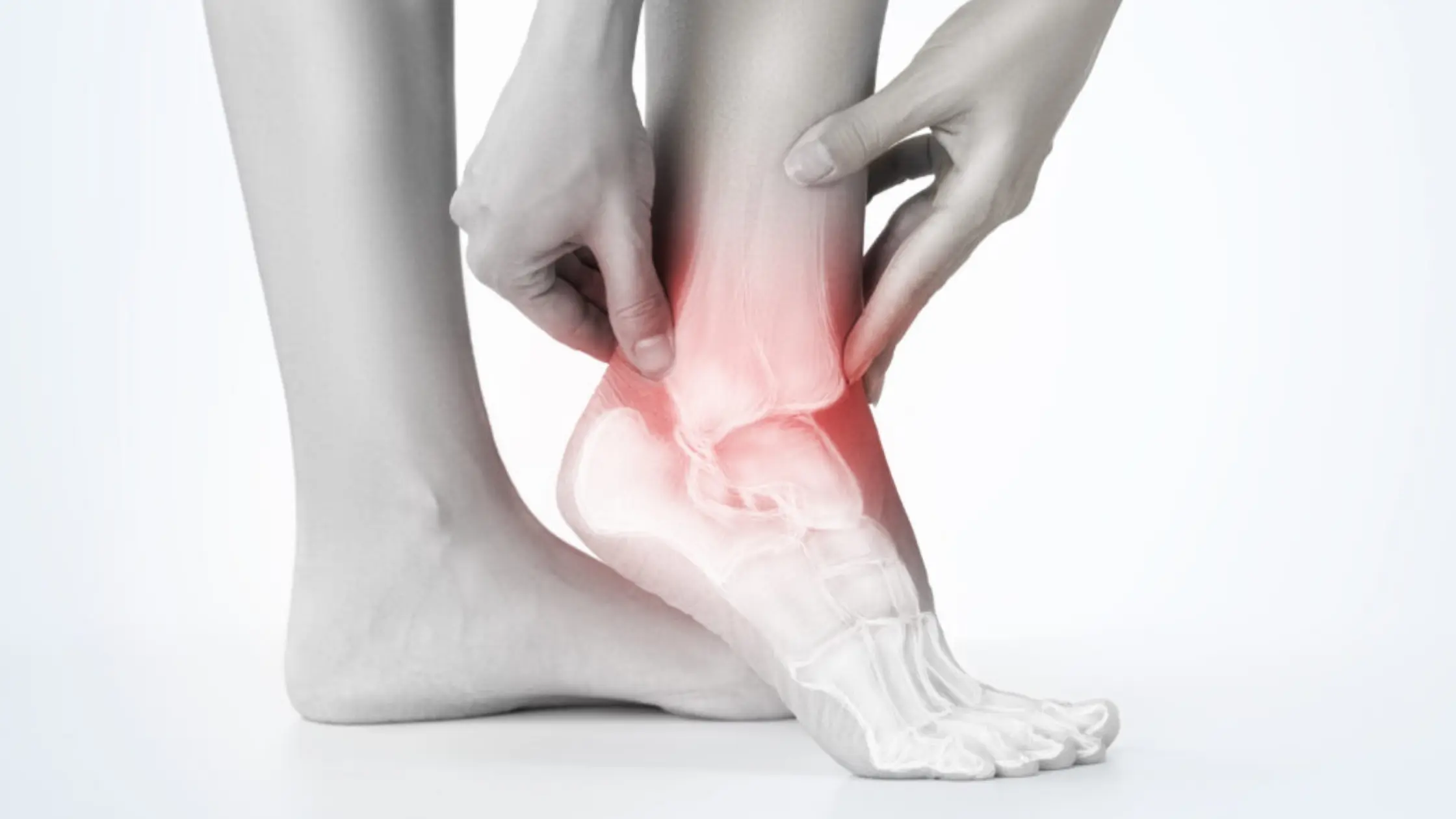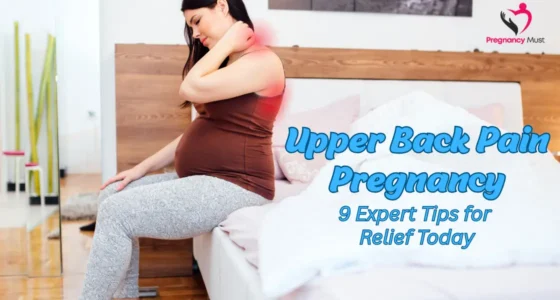Why do my legs ache at night? And when you have– especially at night– been driven to suffer the agonies of fitness with aching legs, you have not been singled out of the world to be punished such a way. Leg pains that occur at night are very annoying, particularly when you are not able to sleep because of these pains. It can be nauseating or piercing, but in both cases, you can know the reason behind this and the solutions for the same, which will give you control of the night back in your hands.
Table of Contents
- Why Do My Upper Legs Ache at Night?
- Why Do My Legs Ache at Night Without Exercise?
- Why Do My Legs Ache at Night?
- Why Do My Legs Ache So Bad at Night?
- Why Do My Lower Legs Ache at Night?
- What Can Help Relieve Night-time Leg Pain During Pregnancy?
- What Causes Leg Pain at Night During Pregnancy?
- Effective Exercises to Relieve Leg Pain During Pregnancy
- FAQ: Why Do My Legs Ache at Night?
- Conclusion: Why Do My Legs Ache at Night?
Why Do My Upper Legs Ache at Night?
Pain in the upper legs at night can be caused by a variety of factors. One common issue is muscle cramps, which often occur during sleep. These cramps tend to affect the large muscles in the thighs, resulting in sudden, sharp pain. Pregnancy can also cause upper leg discomfort due to increased pressure on the muscles from the growing uterus. Hormonal changes during pregnancy may contribute to muscle relaxation, leading to more frequent cramps at night.
Why Do My Legs Ache at Night Without Exercise?
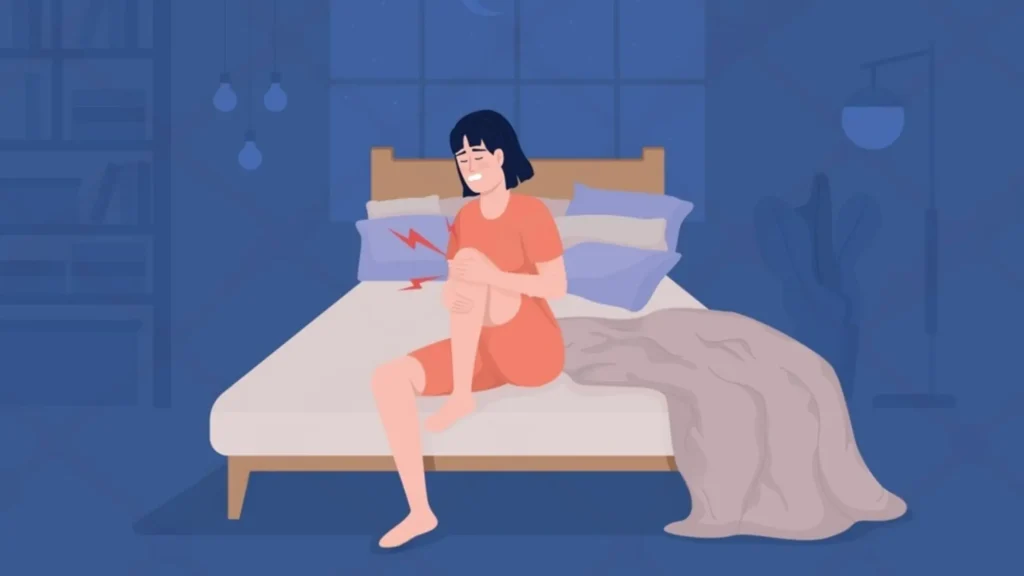
You may wonder, “Why do my legs ache at night without exercise?” Physical activity is not the only cause of leg pain. Discomfort can be caused by some conditions, like restless leg syndrome (RLS), poor circulation, or nerve compression, although you have not exercised. Pregnant women, in particular, are at a higher risk for RLS, which causes an uncontrollable urge to move the legs, leading to aching sensations.
Other causes for leg pain without exercise can include dehydration, imbalances in electrolytes, or even the way you sleep. For pregnant women, hormonal shifts can also influence nerve and muscle function, leading to pain without physical exertion.
Why Do My Legs Ache at Night?
At night, when body temperature drops, combined with the body natural circadian rhythm, this may make the leg aches even more noticeable. During resting, the joints and muscles may become stiff to such an extent that the discomfort aggravates at night. The shift in blood flow during the pregnancy process may also result in the increased tendencies to develop the aching legs at the night.
Why Do My Legs Ache So Bad at Night?
Legs can ache severely at night due to multiple factors, including muscle fatigue, dehydration, and nerve irritation. In pregnant women, the extra weight of the child may constrict blood vessels and nerves and inhibit the circulation causing leg pains. The pain can be also intensified by lack of physical activity during the day or bad posture resulting in the increasing discomfort during the night.
Why Do My Lower Legs Ache at Night?
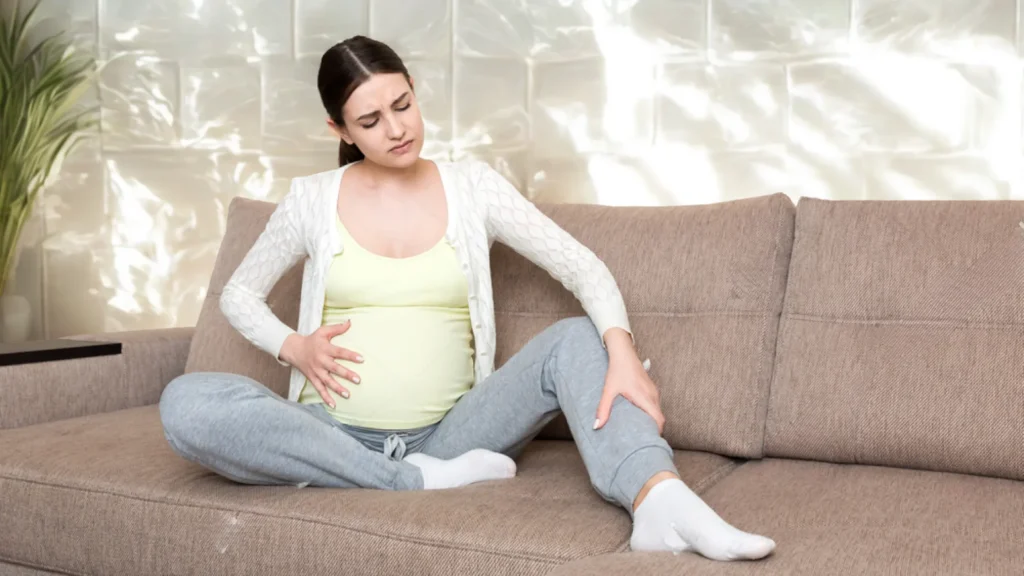
Pain in the lower limbs and, in particular, the calves and shins, can be accompanied by fainting or caused by muscle tension. The cramps in pregnant women are mostly frequent in the lower legs because the hormonal balance shifts and the posture changes as well. Further, the pain occurs in the lower legs at night and can be caused by a lack of circulation due to certain medical conditions, such as cases of varicose veins or deep vein thrombosis (DVT).
What Can Help Relieve Night-time Leg Pain During Pregnancy?
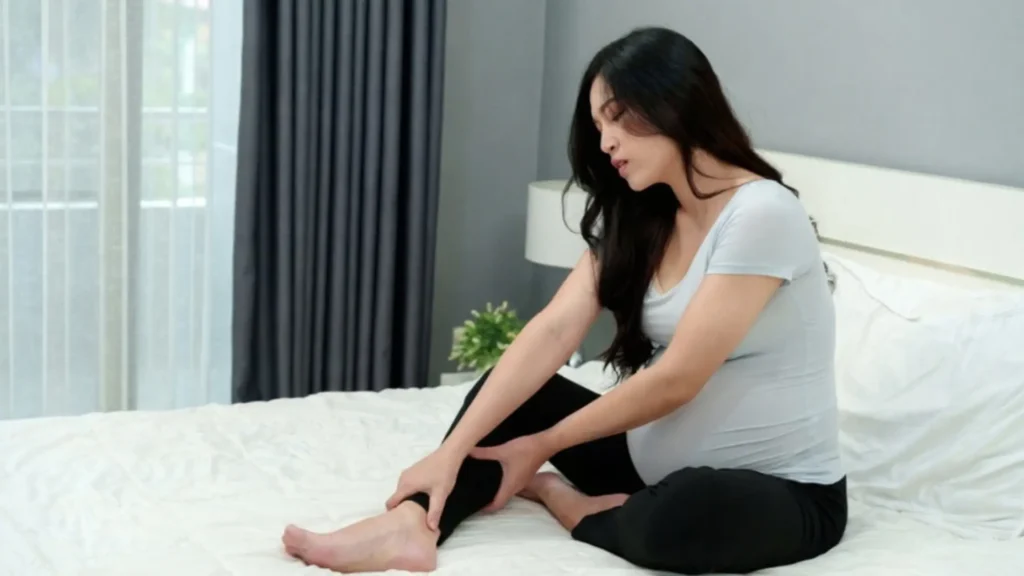
If you’re pregnant and wondering, “Why do my legs ache at night?” there are several remedies you can try to alleviate discomfort:
Stretching:
Before going to bed, to avoid cramps, one can gently stretch out the calves, hamstrings, thighs, and other muscles to clear away tension and promote flexibility, preventing cases of one waking up in the morning with tight leg muscles in pain. Pay attention to slow and limited stretches in order to stretch muscles and remove tension accumulated in muscles.
Hydration:
Water intake has to be sufficient and well balanced as dehydration will lead to a cramp and maintain good working nature of the muscles. This should be accompanied by frequent drinking of water so as to maintain body hydration in order to curb muscle contraction and avoid agonized muscle spasms especially at the periods when you lack sleep at night.
Elevating Your Legs:
Always prop up your legs by using a pillow when you sleep; this will help in ensuring free flow of blood and pressure around your muscles will be relieved. This is because this position enables one to alleviate the occurrence of bloating and weight on the organs and hence assists one to relieve the burden that one feels after prolonged standing or walking.
Massage:
Taking a few minutes before venturing to bed to give ones legs a relaxing massage would help in stimulating relaxation and enhance blood circulation thus easing the muscular tension and soreness. Adding oils such as lavender to it would further help to also calm the mind down and lead to a restful night giving the mind and body some relief.
Magnesium:
Taking magnesium supplements, with your doctor’s approval, can help reduce cramps and muscle pain by supporting proper muscle function. Magnesium would ease the release of relaxation in the muscle and transmit the nerve; this can prove highly helpful in preventing any cramps caused by mineral imbalance during pregnancy or stress.
Warm Compress:
Applying a warm compress to your legs before sleep can soothe aching muscles and promote relaxation, helping to reduce tension and soreness. The heat from the compress stimulates blood flow, easing tight muscles and encouraging deeper rest by alleviating discomfort from muscle stiffness.
What Causes Leg Pain at Night During Pregnancy?
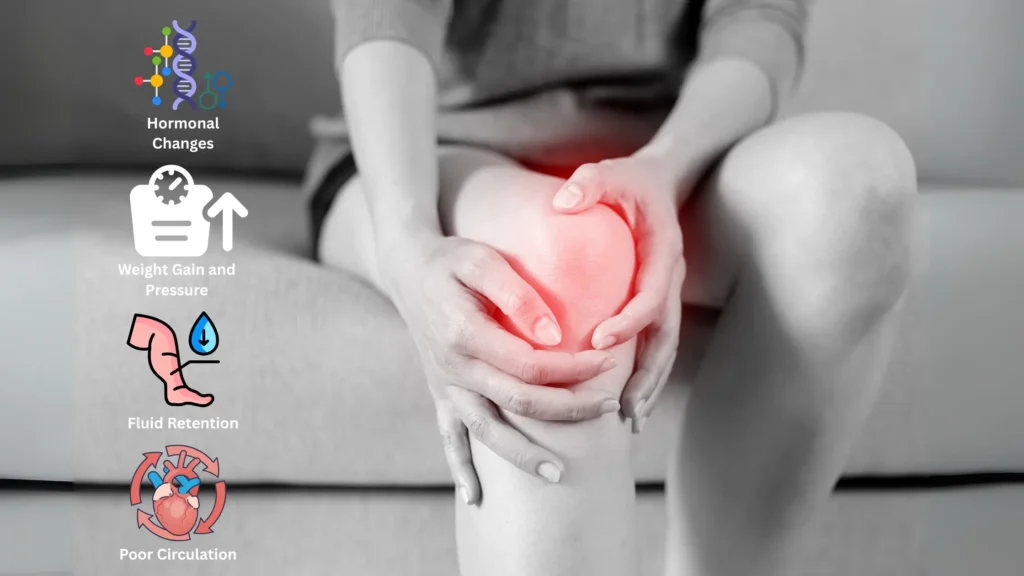
The phenomenon of pregnancy may also cause a large number of changes in the body, which can result in pain in the legs at night. The following are some of the usual causes:
1. Hormonal Changes
During the course of pregnancy, the body undergoes hormonal changes, and this could easily lead to relaxation of the muscles, increasing the chances of the muscles developing cramps and pains, especially at night.
2. Weight Gain and Pressure
The extra weight that you carry when you are pregnant may add an extra strain to your veins in your legs, thereby slowing down circulation, which causes pain, especially at night when you lie down.
3. Fluid Retention
Fluid retention that is commonly associated with pregnancy may cause swelling in the legs and feet. Such swelling may add to uncomfortable feelings, especially when sleep at night.
4. Poor Circulation
Venous return in the legs may be slowed by increased blood flow to support the growing baby and leave you feeling heavy, with cramps or aches, particularly when you are lying down.
Effective Exercises to Relieve Leg Pain During Pregnancy
The following are some of the exercises that may help relieve the leg pain and discomfort condition during pregnancy, help in circulation and lead to the curbing of the muscle cramps:
1. Calf Raises
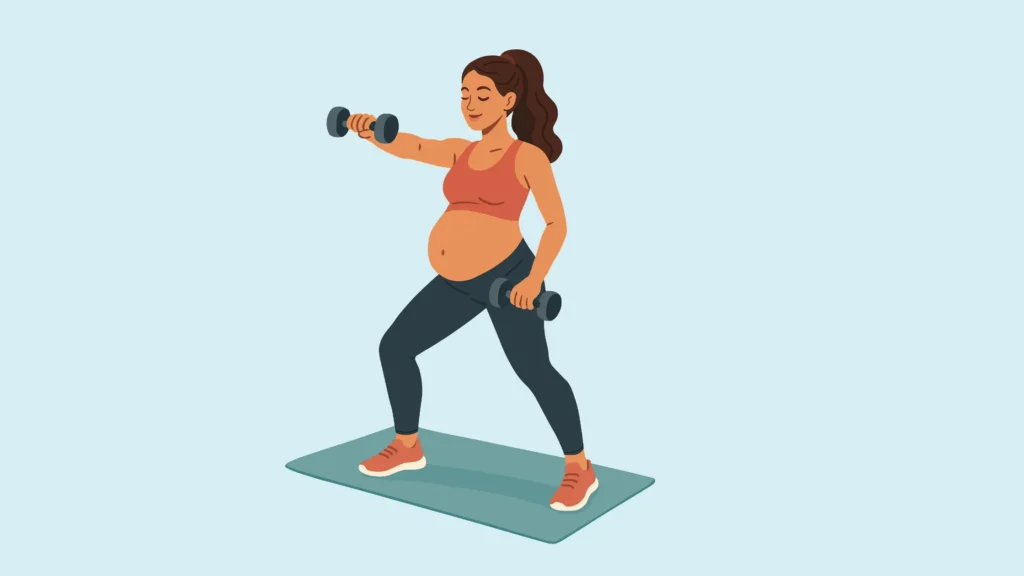
Calf raise is a low-tech exercise that may assist in the circulation and buildup of the calf muscles. This movement is merely an easy exercise that one may perform to improve blood circulation through the body and strengthen the calf muscle, i.e. calf raises.
How to do it:
- Have your feet parallel at the width of your hips and rest your hands on a chair or a wall.
- Raise your heels slowly, keeping on toes.
- Hold, then bring the heels back to the floor, lowering slowly over several seconds.
- Do 10-15 repetitions of these.
Benefits: Calf raises help activate the calf muscles, improve circulation, and reduce leg swelling and cramping.
2. Leg Elevation and Circles
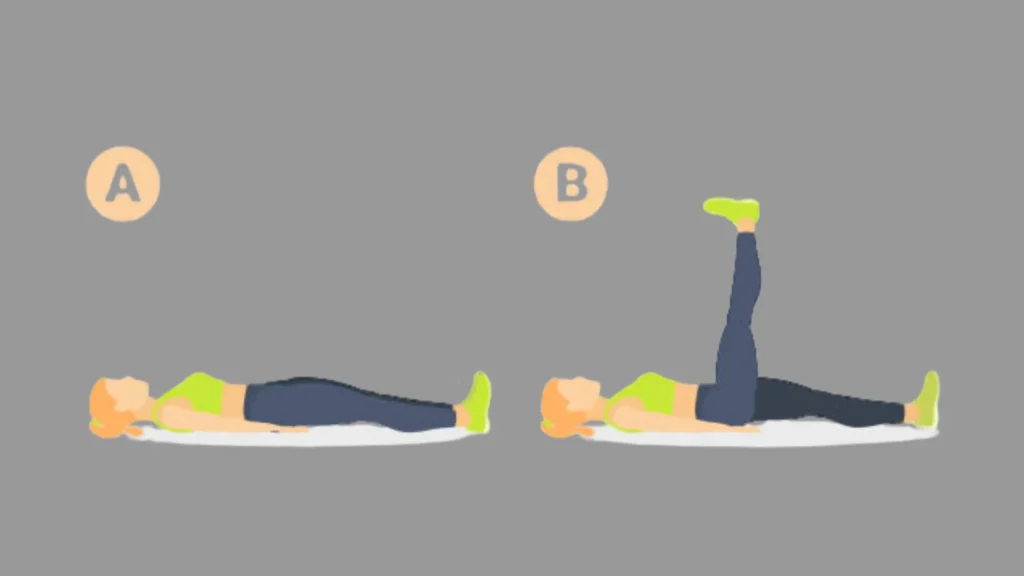
Braces will elevate the legs aiding the circulation and relieving the swelling, whereas the leg circles will increase the mobility of the joints and decrease the stiffness.
How to do it:
- Lie on your back with your legs elevated on a pillow or cushion, so your feet are higher than your heart.
- While in this position, make small circles with your feet, moving in both directions.
- Do the circles on each leg for 1-2 minutes.
Benefits: The exercise enhances venous circulation, aids in the drainage of fluid, and lightens the heaviness that a person feels in the legs.
3. Seated Leg Extensions
The exercise is good in strengthening the quadriceps which is in the front of the thighs which would help alleviate pain on the legs due to muscle weakness.
How to do it:
- Use a chair where your feet are absolutely placed on the floor.
- Gradually make one leg straight in front of you and maintain it for 5 seconds.
- Bring the leg back down and do it again with the other leg.
- Do 10-12 once on each leg.
Benefits: Seated leg extensions help strengthen the thighs and improve circulation to the lower legs.
4. Hamstring Stretch
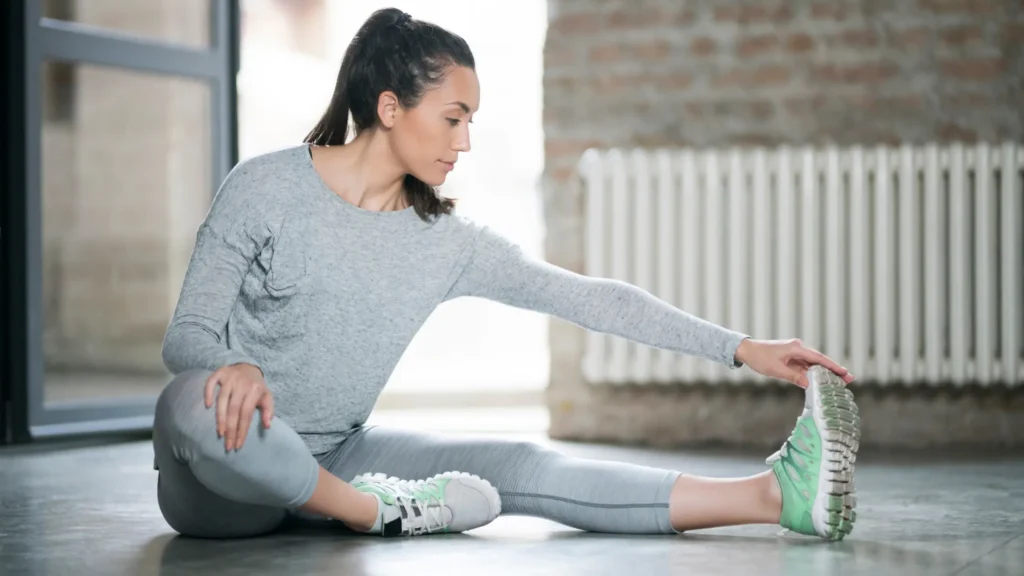
Tight hamstrings (the muscles at the back of the thighs) may be tight on occasion, so stretching may alleviate cramping.
How to do it:
Either sit on the floor with one leg straight and one leg bent.
Gently bend forward and then raise the hand to the toes of the straightened leg, keeping the flank straight.
Stay in the stretch 20-30 seconds, then reverse the leg.
Benefits: Either sit on the floor with one leg straight and one leg bent. Gently bend forward and then raise the hand to the toes of the straightened leg keeping the flank straight. Stay in the stretch 20-30 seconds then reverse the leg.
5. Side-Lying Leg Lifts
As well as working the outer thigh muscles (hip abductors), this exercise helps strengthen the legs without making too heavy a load on your joints.
How to do it:
- Lie on your side with your legs straight and stacked on top of each other.
- Lift your top leg about 12-18 inches off the ground, keeping it straight.
- Lower it back down slowly and repeat for 10-15 repetitions.
- Cross over and reverse.
Benefits: Strengthens the outer thighs and helps with overall leg muscle tone, which can reduce muscle fatigue and cramps.
6. Squats (Wall or Chair Supported)
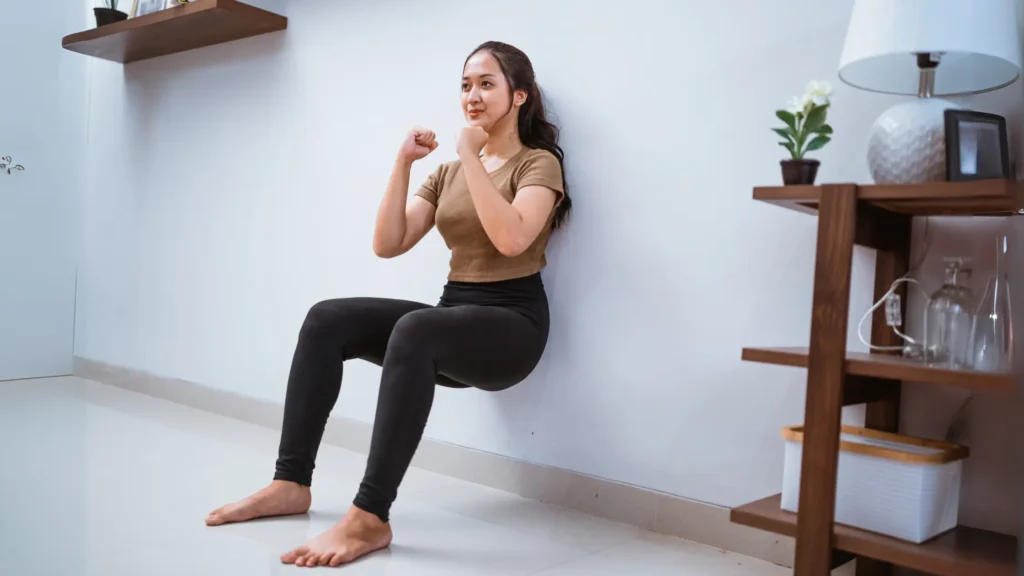
A good leg workout is most effective by squats that help build up the legs and provide circulation though in the course of the pregnancy one has to wear support and not over-load.
How to do it:
- Stand with your feet shoulder-width apart and hold onto a chair or wall for support.
- At your own pace, bend the knees and squat your body like you would do in a chair, and also keep the knees in line with the toes.
- Lower yourself until your thighs are parallel to the ground, then slowly stand back up.
- Perform 10-12 repetitions.
Benefits: It can make your legs stronger and also help the body posture that can reduce some stress on your legs and back a bit.
7. Pelvic Tilts
The pelvic tilts enhance proper posture, back pain relief, and strengthen muscles in your core, which can ease your legs.
How to do it:
- Lie on your back with your knees up and feet flat on the floor.
- Engage your abdominal muscles and lift the pelvis upwards slightly, pressing the lower back against the floor.
- Keep for 5 seconds, relax.
- Zigzag repeating for 10-15 repeats.
Benefits: Strengthens the core and back muscles, which can help reduce pressure on the legs and alleviate leg discomfort.
8. Walking

Walking is less invasive; it circulates blood and may alleviate the leg cramping that occurs in pregnancy.
How to do it:
- Twenty to thirty minutes a day of slow walking (inside or outside) is prescribed.
- Moreover, when required, rest, and remember to ensure that you have good posture when walking too.
Benefits: Walking improves blood flow, strengthens the legs, and reduces swelling and discomfort.
9. Ankle Pumps
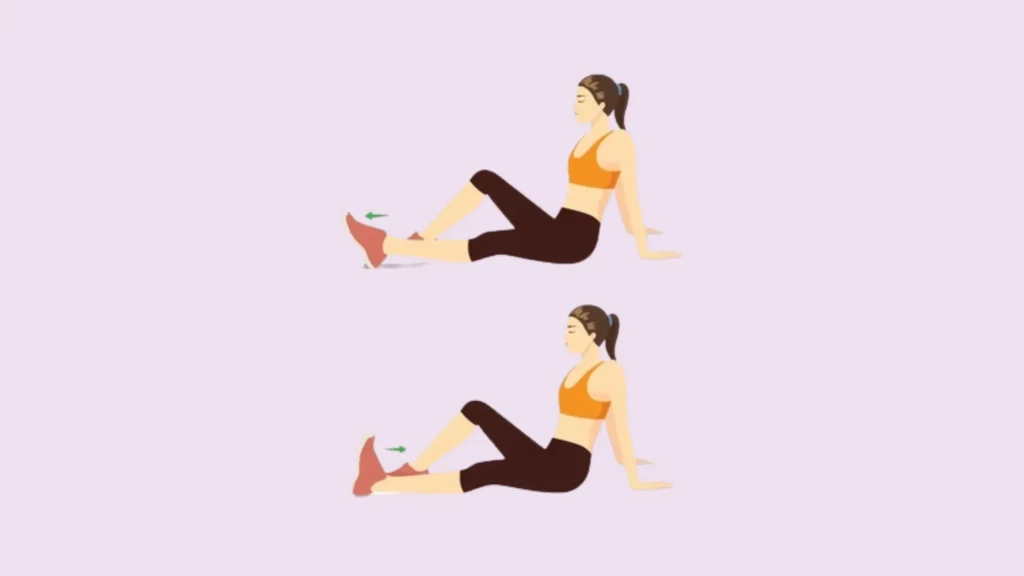
This very basic exercise of calf raise is a great circulation exercise that will help alleviate swelling in your legs and feet.
How to do it:
- Sit or lie down in a comfortable position.
- Point your toes downwards and then flex them upwards toward your shin.
- Repeat the movement for 10-15 repetitions.
Benefits: Ankle pumps help keep the blood circulating and prevent stiffness and swelling in the lower legs and feet.
FAQ: Why Do My Legs Ache at Night?
1. What causes upper leg pain at night during pregnancy?
Muscle cramps, compression of nervous tissue, and shifts in posture under the influence of the increasingly large stomach are the most common causes of upper leg pain at night during pregnancy.
2. Can leg aches at night be a sign of a more serious condition during pregnancy?
Although leg aches are commonly harmless, they may also be a symptom of such diseases as varicose veins or deep venous thrombosis (DVT). However, it is necessary to visit your healthcare provider in case the pain is severe or entails swelling.
3. How can I prevent leg pain at night during pregnancy?
Preventive measures include staying hydrated, stretching before bed, elevating your legs, and using pillows to support your body while sleeping.
4. Is it normal for my legs to ache during pregnancy?
It does happen very often when pregnant women develop leg pain, particularly during the second and third trimesters. Nevertheless, sometimes one needs to consult a doctor in case the pain is strong or unending.
5. Should I be concerned if my lower legs ache at night?
Pain in the lower legs in pregnant women is assumed to be associated with cramps or poor circulation. However, the appearance of frequent or severe pain can also be a sign of a disorder such as varicose veins or DVT, and, therefore, one has to visit the doctor.
Conclusion: Why Do My Legs Ache at Night?
Leg pain at night, more especially during pregnancy, is one of the common problems, but it has various solutions for handling and relieving the problem. The first way towards relief is to determine the possible causes of this discomfort, which may include muscle cramps, circulation problems, and changing hormones. Minor changes in lifestyle, like stretching, remaining hydrated, and elevating legs, are significant in alleviating nighttime pain in the legs.
In case you have persistent or lasting discomfort, be sure to consult with your healthcare provider in order to exclude the possibility of some underlying issues. It is not too late to make positive efforts now to get more restful and pain-free nights in the balance of your pregnancy.
Explore more on Pregnancy Must –
